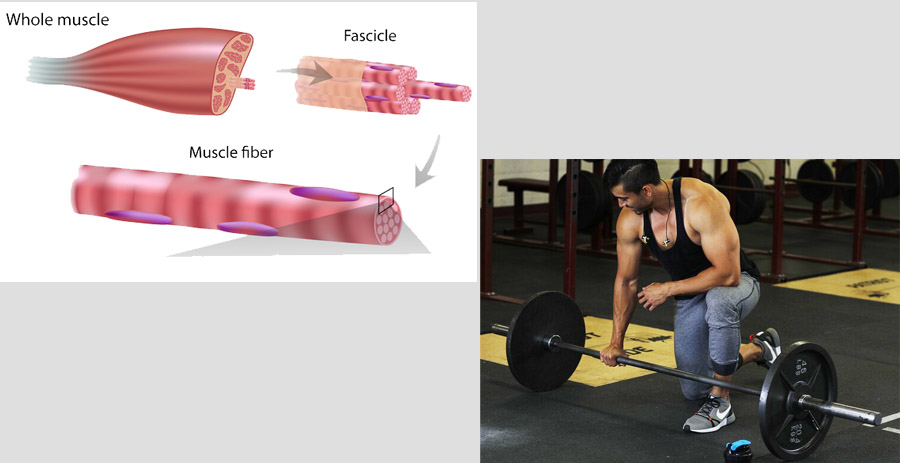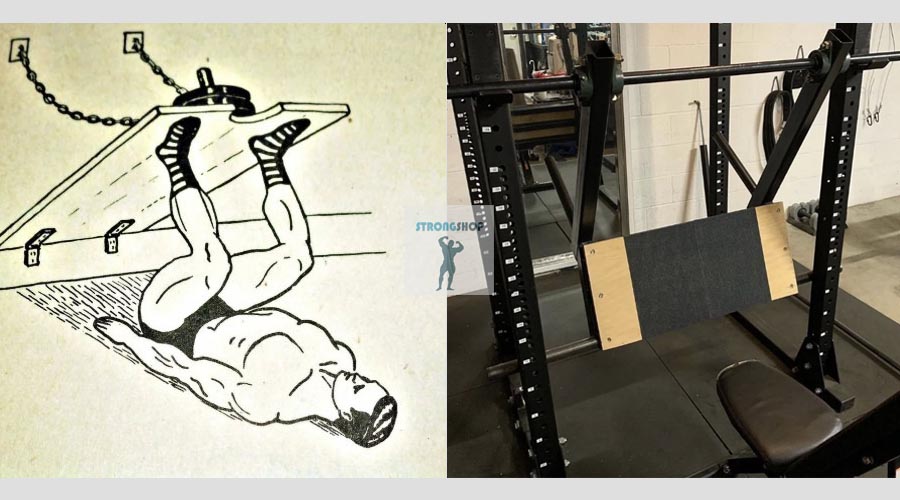Strength training is one of the most effective ways to build muscle mass and strength. However, for muscles to grow and become stronger, they need time to recover.
Let's look at how long it takes for muscles to recover after strength training and how does their regeneration occur?
During strength training, muscles are subject to microtrauma. This occurs when muscle fibers are stretched or torn. After training, the body begins to repair these microtraumas, and the muscles become stronger and larger.
What factors influence the rate of muscle regeneration?
The speed of muscle regeneration is influenced by the following factors:
Training intensity. The more intense the workout, the more microtrauma the muscles receive, and the more time they need to recover. During intense training, muscles are subjected to greater stress, which leads to more severe microtrauma.
Load volume. The more exercises and approaches a person performs during training, the more time he needs to recover. With a high volume of load, muscle groups suffer more damage and take longer to recover.
Level of training. Beginners' muscles recover faster than experienced athletes. This is due to the fact that beginners’ muscles are more elastic and are able to recover more effectively from microtraumas.
Nutrition. Proper nutrition provides the body with the necessary nutrients for muscle recovery. Protein, carbohydrates and fats are needed to build new muscle cells and repair them.
Dream. During sleep, the body produces growth hormones that promote muscle recovery. Growth hormones are released mainly during deep sleep, so it is important to sleep at least 7-8 hours a day.
Massage. Massage helps improve blood circulation and speed up the removal of waste products from the muscles. This speeds up the process of their recovery.
How to speed up muscle recovery?
Чтобы ускорить восстановление, можно сделать следующее:
Reduce the intensity and volume of training load. At the same time, it is important to maintain the quality of the exercises.
Increase the amount of rest between workouts. This will give time for recovery.
Provide the body with adequate nutrition and sleep.
Massage your muscles regularly.
Use sports supplements, such as bcaa
How to Recognize Signs of Overtraining?
If a person does not give his muscles enough time to recover, he may experience overtraining. Signs of overtraining are:
Increased fatigue. A person quickly gets tired even from small physical activities.
Decrease in strength indicators. A person has difficulty lifting weights that he used to lift easily.
Muscle pain. Muscle pain may be constant or appear after exercise.
Sleep disorders. The person may not sleep well or sleep too much.
Mood changes. The person may experience irritability, depression, or anxiety.
If you notice any of these symptoms, you should reduce the intensity and volume of your workouts and give your muscles more time to recover..
Conclusion
Muscle regeneration is an important process that is necessary for the growth and strengthening of muscle mass. In order for muscles to recover quickly and effectively, it is necessary to take into account factors affecting the rate of regeneration and adhere to recommendations for accelerating it.






